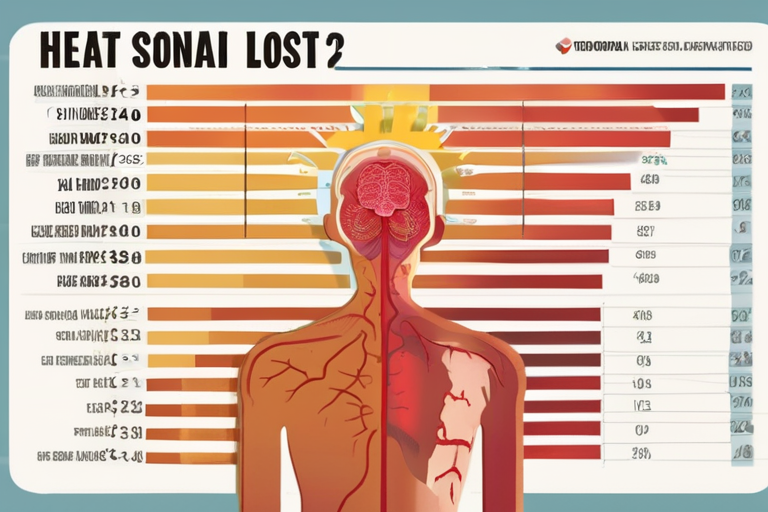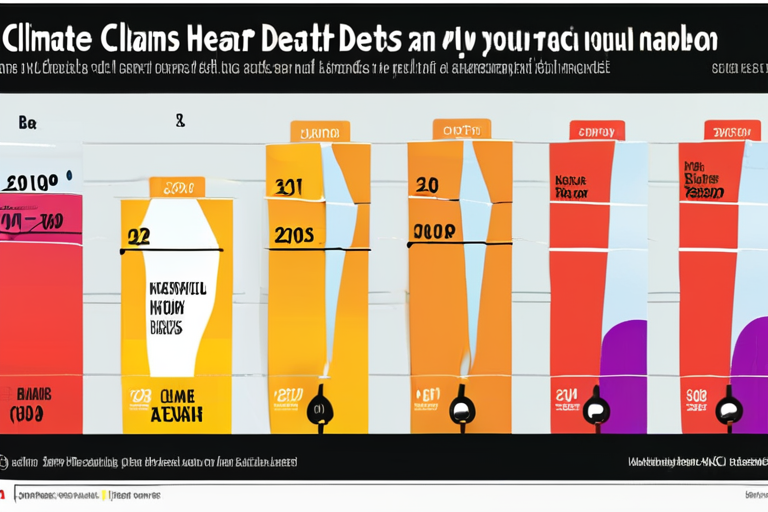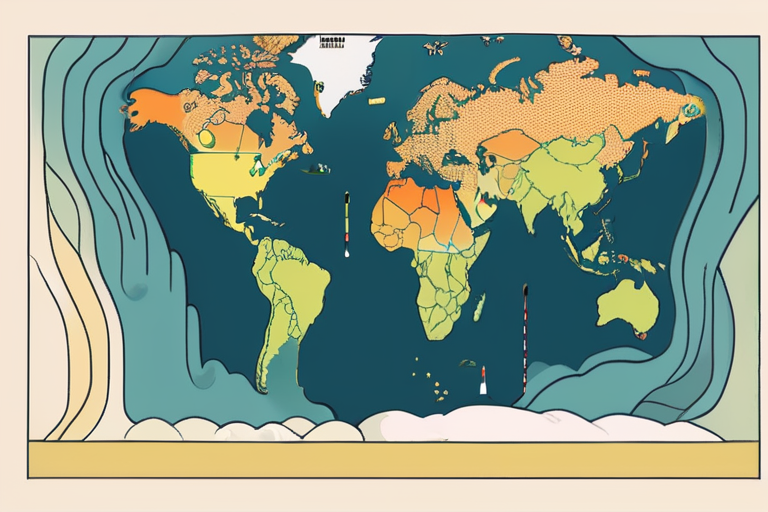Breaking News: Extreme Temperature Deaths on the Rise, Researchers Uncover New Insights
A staggering 47,000 heat-related deaths occurred in Europe in 2023, with climate change projected to add an extra 2.3 million European heat deaths this century. Researchers have been racing to understand the science behind human thermoregulation, and their findings are changing the way we think about surviving extreme temperatures.
According to a recent study published in the latest issue of MIT Technology Review magazine, researchers have been revising the rules about when temperatures veer from uncomfortable to deadly. The study reveals that the human body's ability to regulate temperature is more complex than previously thought, with various factors influencing an individual's tolerance to heat and cold.
The study's lead author, Max G. Levy, notes that the findings have significant implications for developing strategies to mitigate the effects of climate change. "Our research highlights the need for a more nuanced understanding of human thermoregulation," Levy says. "By identifying the key factors that influence an individual's tolerance to extreme temperatures, we can develop more effective interventions to prevent heat-related deaths."
The immediate impact of this research is being felt in the field of climate resilience. Governments and organizations are taking note of the study's findings, with many already incorporating the new insights into their climate adaptation plans. "This research is a game-changer for our climate resilience efforts," says Dr. Maria Rodriguez, a climate expert at the World Health Organization. "By understanding the complex interactions between human physiology and the environment, we can develop more effective strategies to protect vulnerable populations from the impacts of climate change."
The study's background is rooted in the growing awareness of the need to address climate change. As temperatures continue to rise, the number of heat-related deaths is expected to increase, with vulnerable populations such as the elderly and young children being disproportionately affected. The study's findings are a critical step towards developing more effective solutions to this pressing global health issue.
As the world continues to grapple with the challenges of climate change, researchers are working tirelessly to develop new technologies and strategies to mitigate its effects. The study's findings are a testament to the power of scientific research in driving innovation and improving human health. With this new understanding of human thermoregulation, we can begin to develop more effective solutions to the complex challenges posed by climate change.
In related news, a recent study has debunked the myth that wind turbines are responsible for the deaths of whales. The study, conducted by a team of researchers from the University of California, found that the impact of wind turbines on marine life is minimal, and that other human activities such as shipping and fishing are far more significant contributors to whale deaths. The findings are a welcome relief for the renewable energy industry, which has long been plagued by misinformation and misconceptions about the impact of wind turbines on the environment.



























Share & Engage Share
Share this article